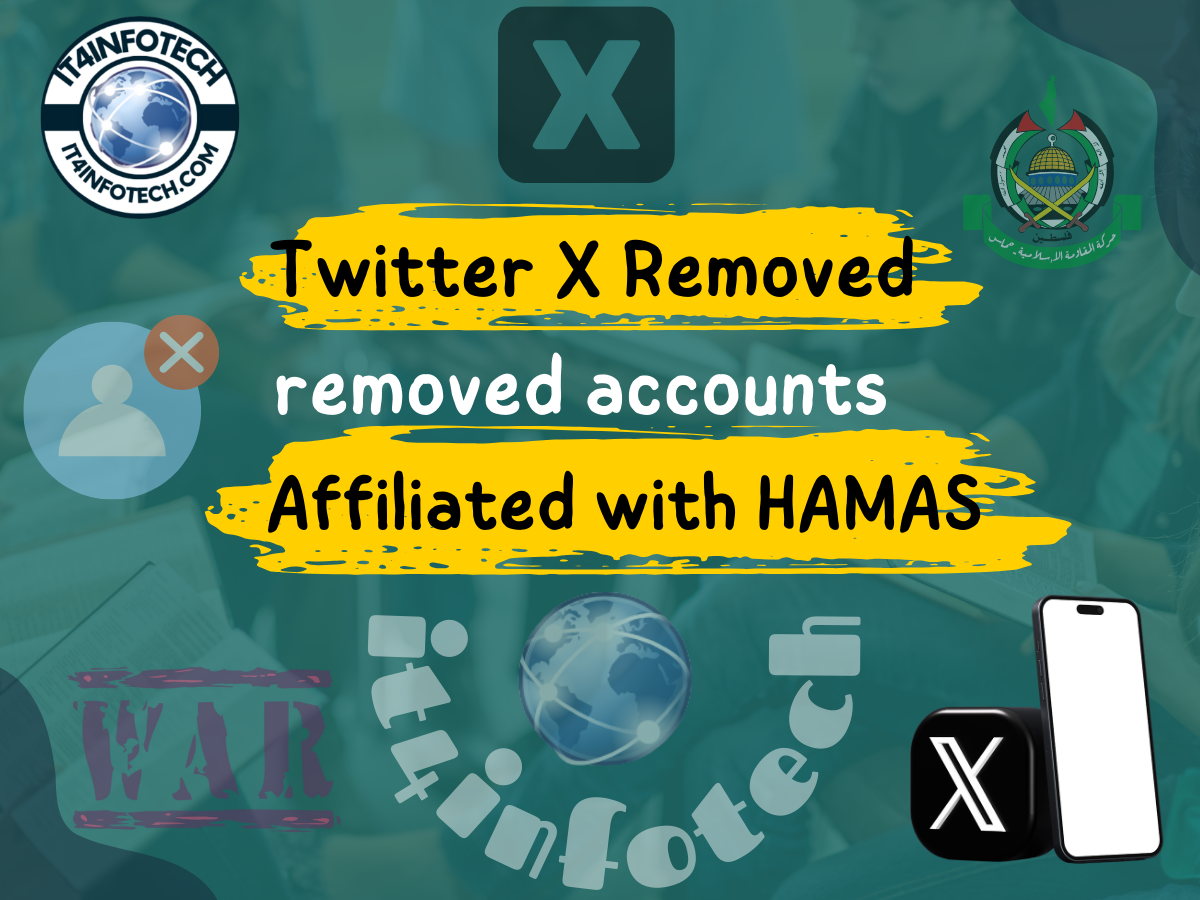Twitter X says it has removed hundreds of accounts affiliated with Hamas and taken down thousands of posts since the war started between Israel and the Palestinian militant group. CEO Linda Yaccarino responded by saying that There is no place on X for terrorist organizations or violent extremist groups and we continue to remove such accounts in real-time.
The ongoing conflict between Hamas and Israel is a complex and deeply rooted issue that has spanned decades. It has caused immense suffering and loss of life on both sides, drawing international attention and sparking debates on the pursuit of peace in the Middle East. This article aims to provide a comprehensive overview of the Hamas-Israel conflict, its historical context, key events, and the challenges it presents to achieving lasting peace in the region.
The conflict between Hamas and Israel can be traced back to the mid-20th century when tensions in the Middle East escalated due to the establishment of the state of Israel in 1948. Hamas, an Islamist Palestinian organization, was founded in 1987 during the First Intifada (Palestinian uprising) against Israeli rule in the occupied territories. Its primary goal is the establishment of an independent Palestinian state, including the West Bank, Gaza Strip, and East Jerusalem.
Key Events Leading to the Conflict:
- Israeli Occupation: The conflict was exacerbated by the Israeli occupation of the West Bank and Gaza Strip following the Six-Day War in 1967. Palestinians in these territories experienced economic hardship, restrictions on movement, and the construction of Israeli settlements.
- Oslo Accords: The Oslo Accords in the 1990s aimed at achieving a two-state solution, but the peace process faced significant setbacks, including violence and distrust on both sides.
- Hamas Governance: In 2006, Hamas won Palestinian legislative elections and subsequently took control of the Gaza Strip. This created a division in Palestinian governance, with Hamas ruling Gaza and the Palestinian Authority governing the West Bank.
- Gaza Blockade: Israel imposed a blockade on Gaza in response to rocket attacks from Hamas. The blockade severely limited the movement of goods and people in and out of the territory, leading to humanitarian crises.
- Conflict Escalations: Periodic escalations of violence, such as Operation Cast Lead in 2008-2009 and Operation Protective Edge in 2014, resulted in significant casualties and damage.
Since the attack on Israel, the CEO said X had acted by removing tens of thousands of pieces of content that broke its rules on violent speech, manipulated media, and graphic media. So that is why Twitter X removed Accounts affiliated with Hamas.
